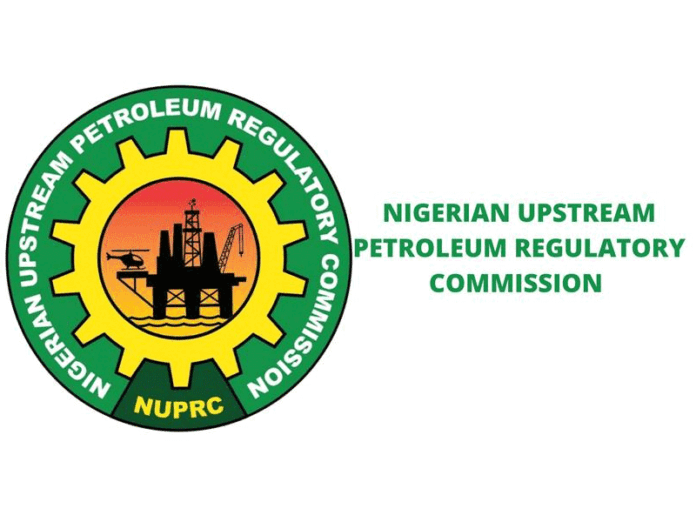BY SAM OTUONYE
The federal government of Nigeria through the Nigerian Midstream and Downstream Petroleum Regulatory Authority (NMDPRA) has called for regional oil pricing benchmark that reflects the peculiarities of the West African oil market, noting that continued dependence on foreign pricing template would hamper the regional peculiar dynamics.
Speaking at a two day West African Refined Product Pricing and Markets Development 2025 Conference, organised by NMDPRA in collaboration with S&P Global Commodity Insights, in Abuja, Tuesday, the NMDPRA boss Engr. Farouk Ahmed, regretted that West Africa, despite being a major producer and consumer of petroleum products still relies on posted prices of global reference markets.
The Authority Regulator said: “Despite (West Africa) being a significant producer of hydrocarbon resources, an important consumer of refined petroleum products and a growing refining hub, West Africa continues to depend on posted prices of global reference markets such as Northwest Europe (NWE), US Gulf Coast, Mediterranean, Singapore, Arab Gulf etc. for all its trading activities. While these benchmarks, are globally accepted, often they do not reflect the unique supply chain peculiarities, market dynamics, and economic realities of the African continent.
“A regional pricing benchmark that promotes price discovery, transparency, deepened market development and enhanced availability of energy has then become a strategic objective that requires the collaborative action of all the stakeholders that are major players in this market.
“Establishing a regional pricing reference point would facilitate:
• Growth of trading of petroleum products in the region
• Establishment of additional storage and supply infrastructures to accommodate the growing volumes of trading activities • Real-time pricing data that is reflective of the peculiarities of the West African market fundamentals
• Attracting downstream investments through various Trade Zones and digital market platforms
• Supply chain visibility and energy security across the region and beyond.”
He said that key policies and market development reforms have been implemented in Nigeria which are enabling the growth of the petroleum industry and attractive investment opportunities in the sector. These reforms he highlighted, include; the implementation of the Petroleum Industry Act (PIA) 2021, full liberalization of the downstream sector, improving macro-economic environment, and ease of doing business.
Ahmed noted that the regional supply of fuels in West Africa has grown through improved refining capacities in Nigeria, Ghana, Niger, Senegal and Cote D’Ivoire which currently stands at 1.335 million barrels per day.
“Our 2025 statistical data for fuel supply in the West African region reveals that 2.05 million MT per month of Gasoline is being traded, consisting of 1.44 million MT (69%) imports and 0.61 million MT (31%) refinery contribution from the region.
“The 2025 OPEC World Oil Outlook projects 1.2 million barrels per day additional refining capacity in Africa, between 2025 and 2030. The West African region will make significant contribution to this projection through new projects, upgrades and rehabilitations, which are currently at various levels of completion in the different countries. These increased refining capacities will improve the market liquidity of refined Petroleum products in the region, he added.

